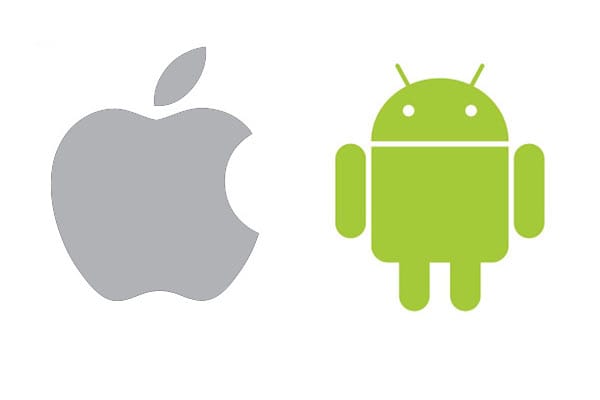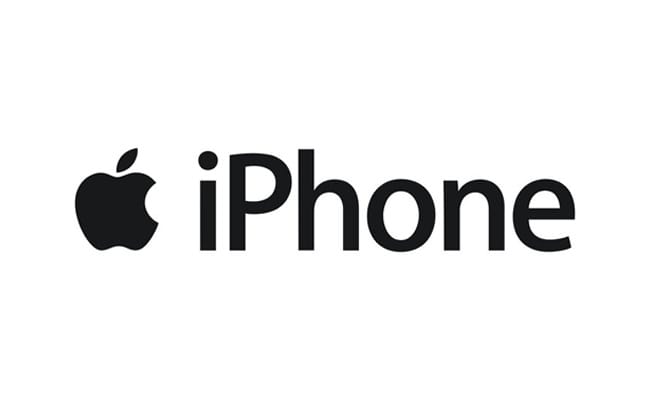
The smartphone industry is well established in North America and Europe, but both Google and Apple appear to see other parts of the world as beacons of opportunity. Both companies are targeting developing countries, and for good reason. There are high adoption rates for the internet and mobile technology in developing nations, specifically with mobile. In fact, mobile is changing the way people in developing countries are handling their money. For now, traditional mobile phones are used more often than smartphones, but emerging nations are skipping over landlines and desktops and jumping straight to mobile. With this trend, one can only assume that the future of technology in emerging nations will be centered around the smartphone. Google and Apple are very aware that is the way things are headed, and they are marking moves to secure their portions of the smartphone market share in developing countries.
Apple is Making Managing Money Easier
Apple recently activated carrier billing in iTunes, which gives customers the ability to charge music downloads and app purchases to their mobile accounts. For people in developing countries, who may not have constant access to banks, or feel safe carrying debit and credit cards around, the option to add charges to their monthly bill could be especially attractive.
This carrier billing feature was turned on in Germany in November. More interestingly, though, is that it went live in Russia in early December, through the mobile carrier, Beeline. Why is this important? Beeline is owned by VimpelCom, which owns mobile carriers in many emerging markets. If Apple is looking to test mobile services in developing nations, VimpelCon would seem like a great partner for such an endeavor. If this goes well in Russia, it probably won’t be long until consumers in other countries begin seeing this new payment option pop up in their iTunes.
Google is Making App Purchases Cheaper
Google, which already has a dominant market share in developing countries, is taking a straightforward approach to attracting more customers and securing their place as the market share leader in poorer nations. In November, Google reduced the minimum Android app price in 17 countries with the hope that lower prices will lead to higher revenue and provide an incentive for developers to return to Android.
Google’s price reductions vary from country to country, but they’re significant and include a host of growing nations. The new minimum prices, which are optional, are half of the previous minimum price in many cases. The list of affected countries includes Russia, Brazil, Chile, Indonesia, the Philippines, South Africa, Turkey and Vietnam, among others.
As Apple and Google vie for market share in developing countries, it appears consumers and developers will benefit. Apple is making it easier to pay, and Google is providing access to potential customers who would previously be unable to afford apps. Both of these moves should result in increased sales — and increased profits — for developers as the smartphone industry in developing markets grows.




